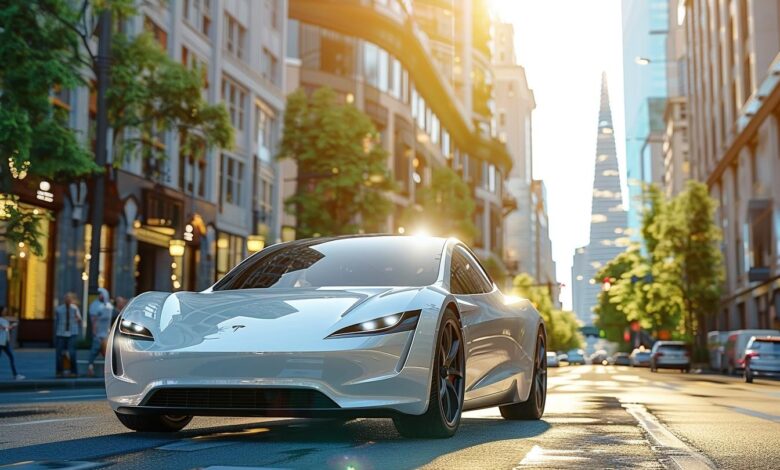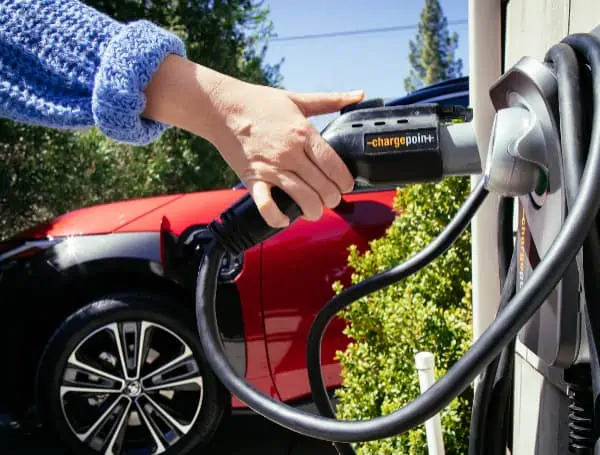Electric Cars Could Be More Polluting Than Gasoline Vehicles!

The recent findings from a comprehensive study have sparked a wave of concern across the globe, suggesting that electric vehicles (EVs) may have a larger environmental footprint than their gasoline counterparts. This revelation challenges the widely held belief in the clean and green nature of electric cars, urging us to dive deeper into the nuances of automotive environmental impact.
Understanding the environmental impact of electric cars
At first glance, electric cars promise a reduction in greenhouse gas emissions, a factor critical to battling climate change. The absence of exhaust emissions from EVs paints a picture of a cleaner, more sustainable future. However, when scrutinizing the entire lifecycle of electric vehicles, including manufacturing processes and electricity sources, a more complex narrative unfolds.
The manufacturing of electric cars, particularly the production of lithium-ion batteries, is an energy-intensive process. These batteries, the heart of any EV, require significant amounts of rare earth metals whose extraction poses considerable environmental challenges. Furthermore, the source of electricity charging the vehicles plays a crucial role in determining their overall environmental impact. Regions reliant on coal or natural gas for electricity generation may displace the vehicle’s emissions from the tailpipe to the power plant, raising questions about the true ecological benefits of transitioning to electric mobility.
Comparing emissions : evs vs. gasoline vehicles
An objective comparison of electric cars and gasoline-powered models requires a holistic view, considering emissions from production, operation, and end-of-life disposal. Life cycle assessments often indicate that while EVs produce zero emissions during operation, their manufacturing, and the electricity used for charging can lead to higher initial carbon footprints compared to gasoline vehicles.
This doesn’t mean electric cars don’t have a role in reducing pollution. Over time, as EVs are charged with cleaner forms of electricity, such as solar or wind power, their lifetime emissions can be significantly lower than those of gasoline-powered cars. Moreover, advancements in battery technology and recycling processes promise to mitigate the environmental impact of their production.
Global response and the future of electric mobility
The study’s findings have prompted a global debate on the future of electric mobility and the pathways to truly sustainable transportation. Governments and policymakers are now challenged to reassess incentives for electric vehicle adoption, considering the broader environmental implications of their energy policies.
Simultaneously, there’s a pressing need for investment in renewable energy infrastructure to ensure that the electricity powering EVs comes from clean sources. This shift is not just about vehicles but entails a profound transformation of the global energy system, aiming to decarbonize both electricity generation and transportation.
The role of innovation in shaping sustainable transport
Innovation stands at the forefront of tackling the environmental dilemmas posed by electric cars. Advances in battery technology are key to enhancing the efficiency and sustainability of EVs, with researchers exploring alternatives to lithium-ion batteries that rely on more abundant and less pollutive materials.
Additionally, the development of greener manufacturing techniques and the expansion of battery recycling facilities can significantly reduce the environmental footprint of electric vehicle production. The automotive industry’s efforts to embrace circular economy principles, minimizing waste and reusing materials, are vital to developing a transportation system that is not only technically advanced but also environmentally responsible.
In conclusion, the recent study underlines the importance of a comprehensive approach to evaluating vehicle emissions, challenging the narrative of electric cars as a panacea for transportation-related environmental issues. It calls for a balanced examination of all factors influencing the sustainability of electric mobility, emphasizing the need for continued innovation and a global shift towards renewable energy. As we move forward, it’s crucial that discussions around electric cars incorporate their entire lifecycle, ensuring that the pursuit of cleaner transportation aligns with broader environmental goals.




